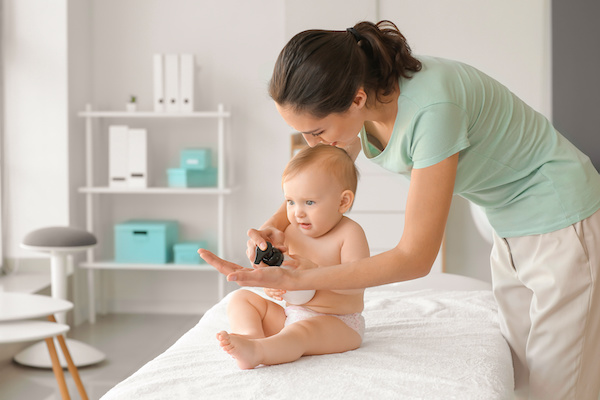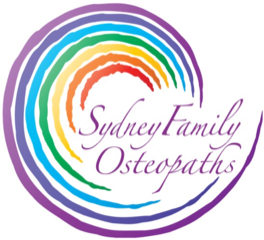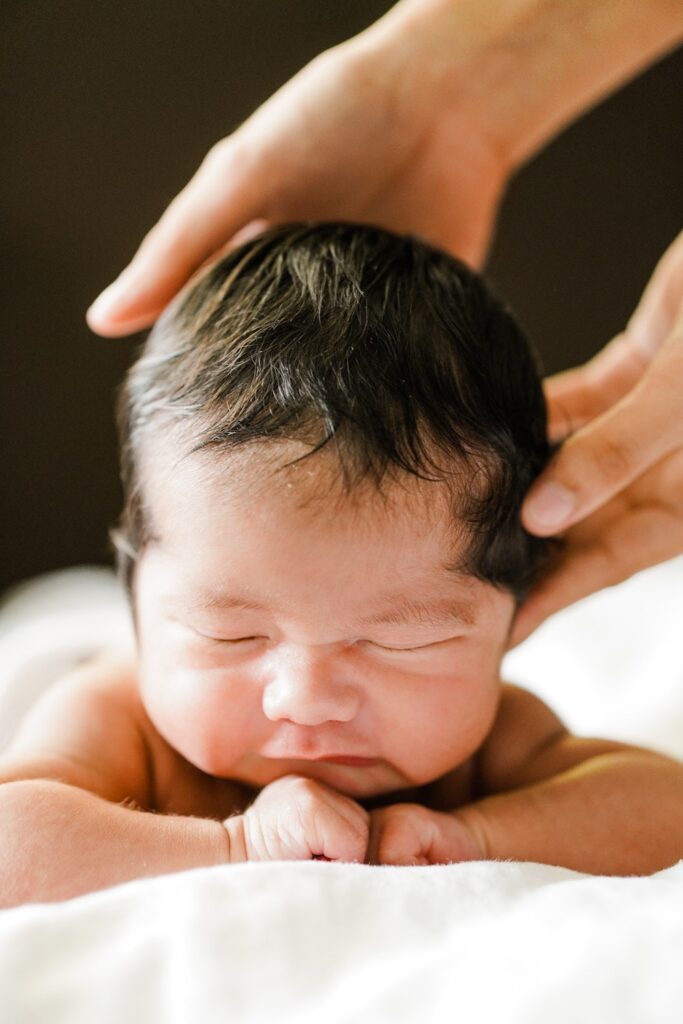
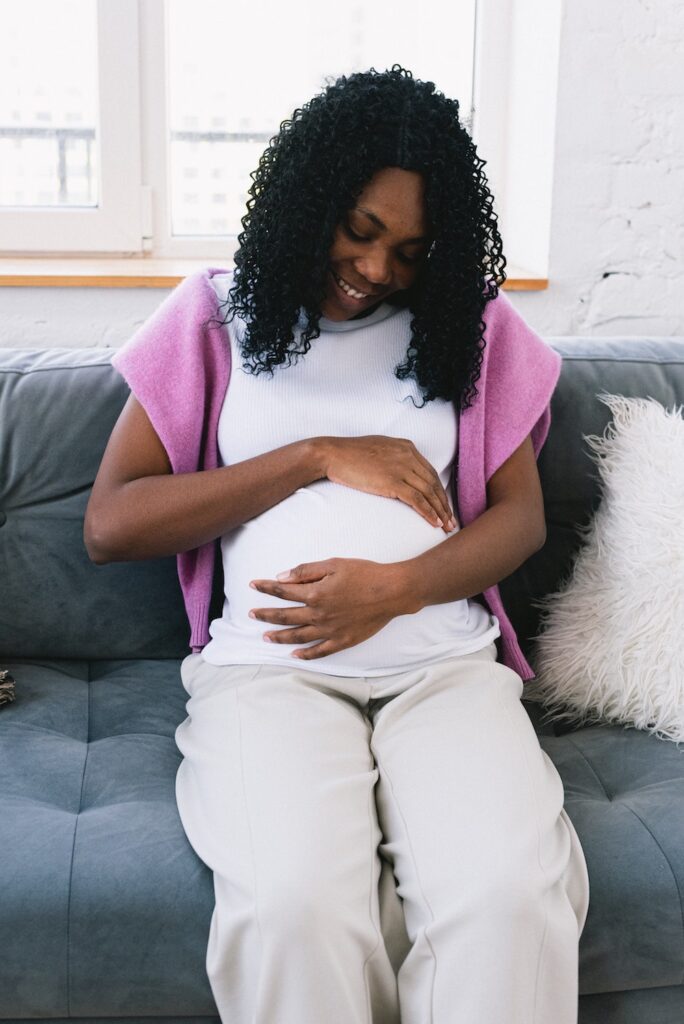
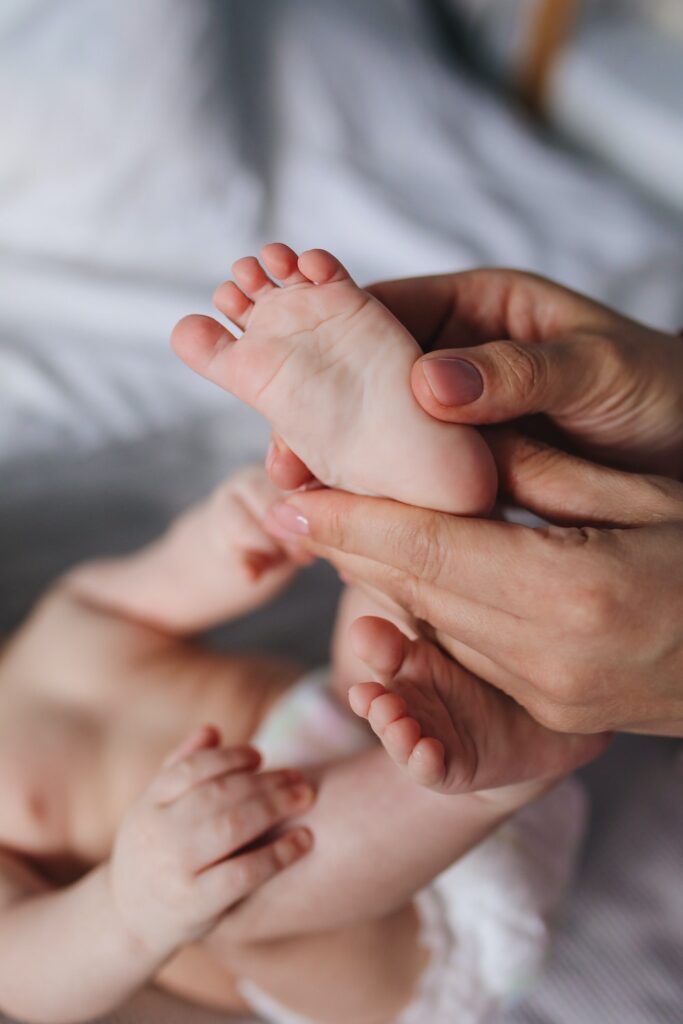
Why would my baby need osteopathic treatment?
The challenges of pregnancy and birth can result in different stresses and strains on babies and new mums alike. The space for growth in the uterus, as well as the process of delivery, can exert forces on the babies’ bodies that may impact their overall comfort, feeding, digestion, breathing and growth.
You may see signs of this in their first few weeks, or later on as they grow and develop. All mums remember how the contractions felt, but we sometimes forget the babies were in the middle of all that pressure!
Babies’ heads are cleverly designed so that the individual bones of the skull can overlap to allow them through the birth canal. Naturally as the newborn cries and feeds this helps relieve this pressure and facilitates the skull bones settling into a normal position. However, sometimes unusually long or short labours and the use of forceps or suction can slow down the baby’s recovery time.
What things should I look out for?
Parents may find that their baby has difficultly with their neck movement, which can result in the baby preferring to lay facing in one direction, preferring to feed facing one way, or a flattening of their head-shape in one spot.
The moulding of a baby’s head shape can also affect the way in which their eyes, nose, ears and mouth function. You may find that your newborn has blocked tear ducts, eye or ear infections, snores or has a snotty nose.
Tension in their neck, mouth, or a tongue tie may lead to difficulty latching properly which can cause pain or mastitis for Mum. Breastfeeding is a new skill for you both to learn but any discomfort should be only experienced in the first few days. A baby that finds it hard to latch or swallows too much air when feeding will often struggle with trapped wind or spit up a lot.
Similarly, the twists and turns of birth can affect their joints and muscles resulting in an unsettled baby that cannot seem to get comfortable, arches their back or screams when you put them in the car seat, or maybe prefers to be held to fall asleep.
We would love to think that all babies curl up like church mice inside the uterus, but many like to stretch out into what may seem like high grade yoga poses with one foot behind their ear or arms and legs all over the place.
These are some of the signs and symptoms that parents commonly discuss with their osteopath:
- Difficulties with the positioning of their baby’s neck or a preference to face one way (known as torticollis)
- Retained moulding from the use of forceps or suction at birth or development of a flat area (known as plagiocephaly)
- Problems with feeding and digestion such as issues latching, too much trapped wind or spitting up a lot
- Recurrent eye, nose and ear infections
- Irritable or unsettled baby that is hard to find a position to settle or sleep
- Concerns about clicking joints such as hips (known as hip dysplasia) or the positioning of their limbs and feet.
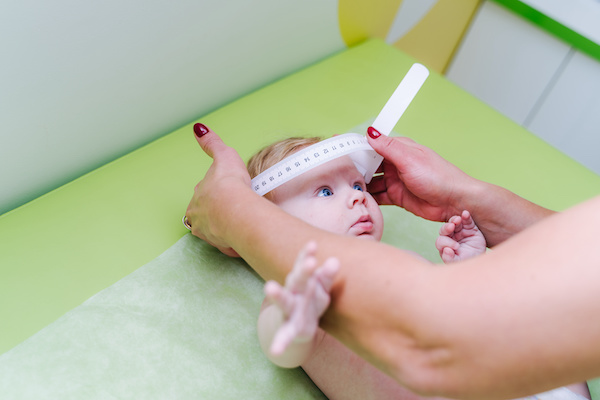
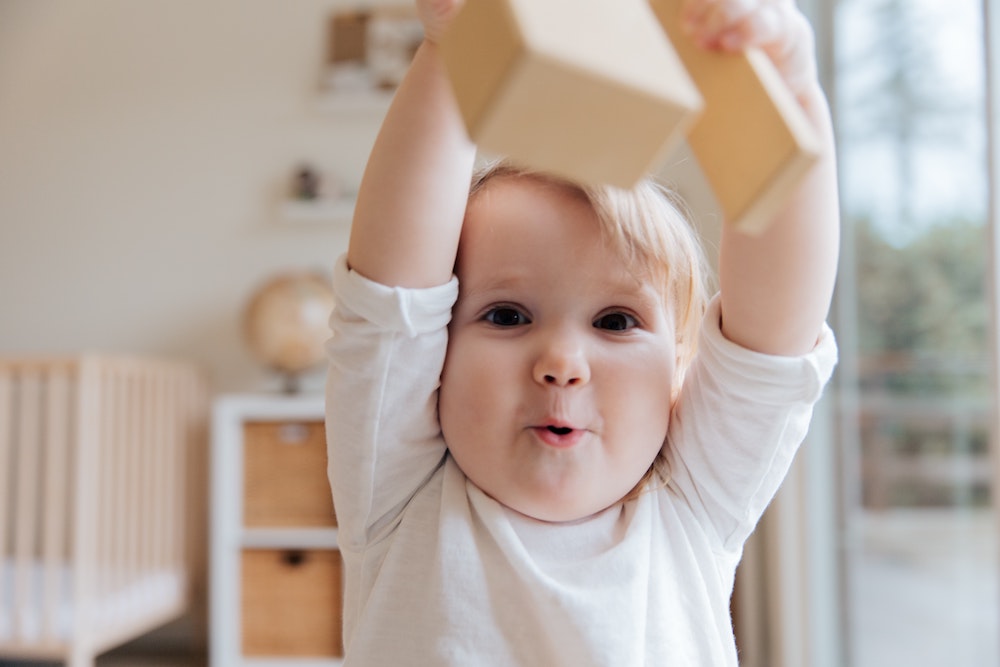
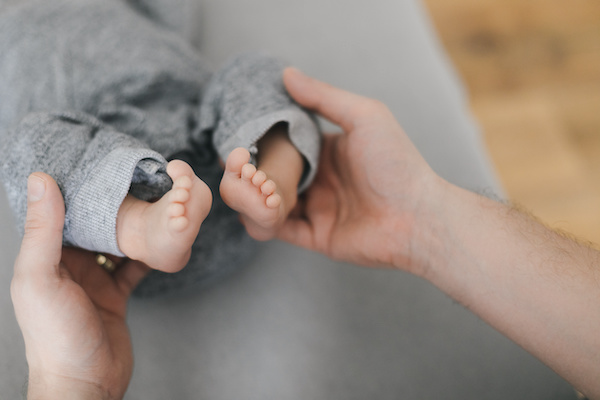
How does an osteopathy for babies treatment session work?
Kathryn has focused her postgraduate training on supporting newborns and mums through these early few months. She will take a detailed history about your pregnancy and the birth and examine your baby thoroughly to assess if osteopathic treatment is appropriate.
Paediatric osteopathy and cranial osteopathy techniques are very light touch, using the natural movements of the baby and their breathing to ease the tensions held in their body.
Our treatment room is a very relaxing and calming space. We have plenty of room for Mum & Dad as well as any other family members – siblings and Grandparents are always welcome.
Baby can be treated in lots of different positions; some are happy to relax on a pillow on our treatment table, others like to be held and some prefer to be cuddled up to Mum. At all times we examine and treat at baby’s pace and we can always pause to let you soothe them or feed.
What happens after the treatment session?
Most babies enjoy their osteopathy treatment and will be quite calm and relaxed; possibly falling asleep at the end of once you leave.
Kathryn will keep in touch with you and is more than happy to answer any follow up questions you may have.
Her aim to is treat a baby as little a possible and support you in your parenthood journey, so will often give you things that you an do at home with your baby to help them improve.
Support with breastfeeding
Kathryn is trained in assessing and treating common breastfeeding issues; providing support to new mums getting to grips with this new skill.
Breastfeeding is a technique that needs to be learned by both mums and babies, so is individual to each new pair; the shape of the breast, the level of milk flow, the shape of baby’s mouth, movement of their tongue and positioning for their head.
Although once it is mastered it feels like the most natural thing in the world, it can be difficult to master to begin with and should not be a stressful, painful or uncomfortable experience.
Kathryn can also provide advice on specialist mother and baby probiotics and nutrients that can assist with baby’s digestion. She often works in partnership with lactation consultants to make sure Mum and baby are enjoying their feeding time.
Please book now with Kathryn or contact our team for more information.
